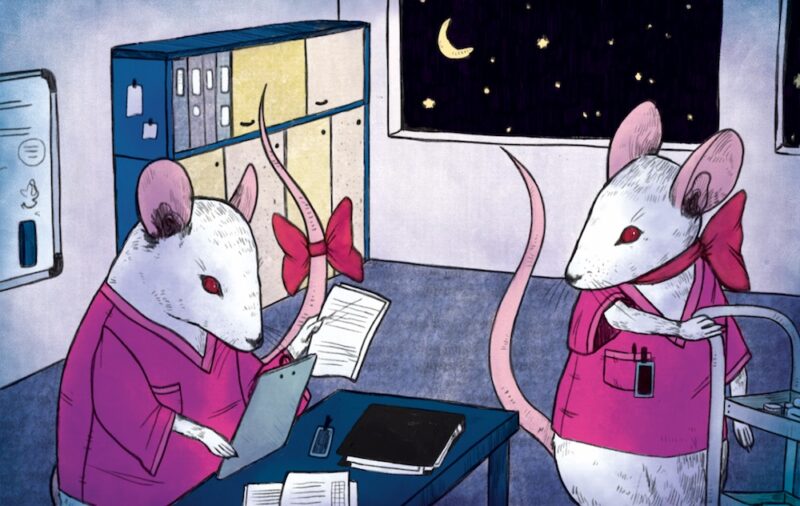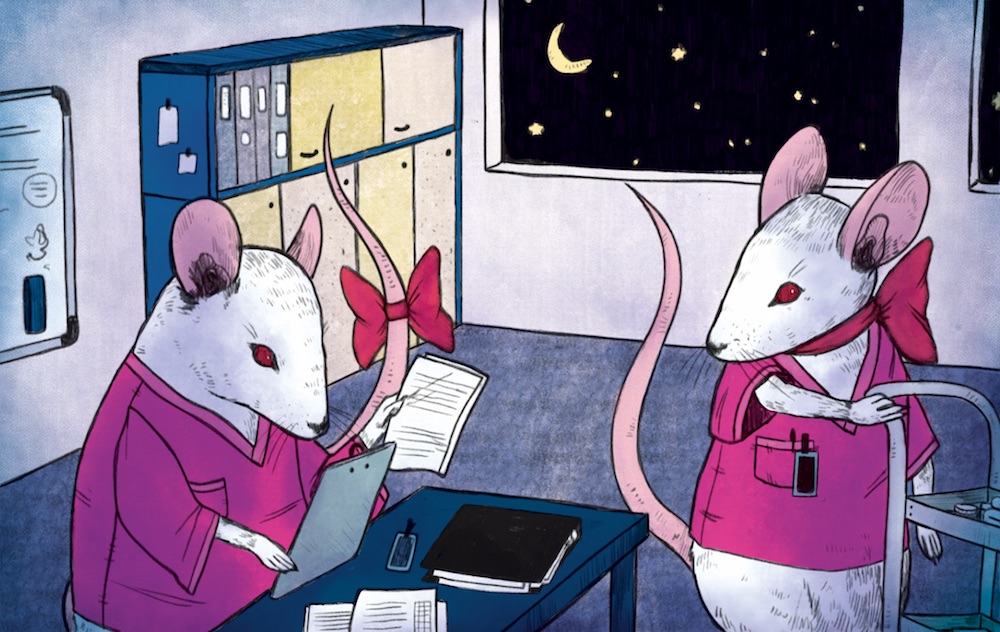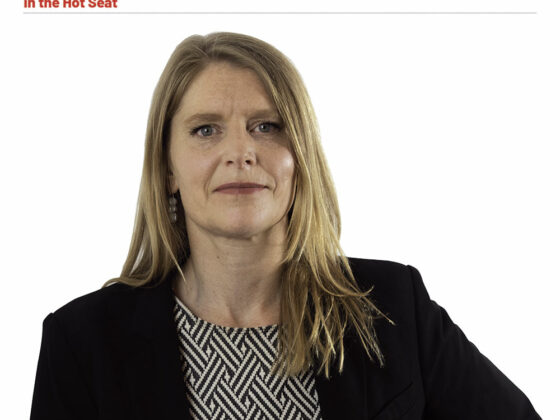Is night-shift work a risk factor for breast cancer? Experimental research just published in Nature Communications gives the molecular basis for asserting that it may well be.
Researchers at Paris-Saclay University, with colleagues from Inserm and Inrae, studied the association between night work and increased tumour aggressiveness. They created a simulated jet-lag situation for mice that reproduced a change in the rhythm between day and night. The collaborative teams observed how disturbances in the circadian rhythm had an impact on breast cancer stem cells and the development of breast tumours. In particular they detected an increased spread of cancer cells and the formation of metastases. They speculated that this is related to increased inflammation. The higher expression of chemokines in circadian-disturbed mice induced infiltration of pro-inflammatory myeloid cells in the microenvironment, causing suppression of adaptive immunity.
Several mechanisms have been postulated before to explain an association between night work and breast cancer, with inhibition of the hormone melatonin by the use of artificial light at night widely seen as the most likely (eg Hansen J, Curr Environ Health Rep 2017).
In the study published in Nature Communications, the use of a chemokine receptor inhibitory drug, which influences the neutrophils and myeloid cells, limited the effect on tumour progression, confirming a role for inflammation.
The topic is controversial. In June 2019, a working group convened by the International Agency for Research on Cancer (IARC) concluded that “night shift work” is “probably carcinogenic to humans” (a Group 2A carcinogen). A paper by the Department of Hygiene and Epidemiology of the Medical University of Łódź, Poland, published the following January (Int J Environ Res Public Health, 2020), found a significantly higher risk of cancer among people working at night. However, other studies have found little or no correlation at all. Exactly a year ago (7 July 2020) Lancet Oncology reported a new cohort study concluding that night shift work does not increase the risk of breast cancer.
The evidence from the Nature Communications study provides important additional evidence to support the proposition that such a link does exist, and about the molecular mechanism involved.
Risk factors for breast cancer are multiple: hereditary (mostly BRCA1 and 2 genes), behavioural (smoke, pollution, parity, lactation) or related to poor nutrition or alcohol consumption. Hormonal factors play an obvious role. There is still a long way to go to understand the influence of time-shifts and work-related stress.












